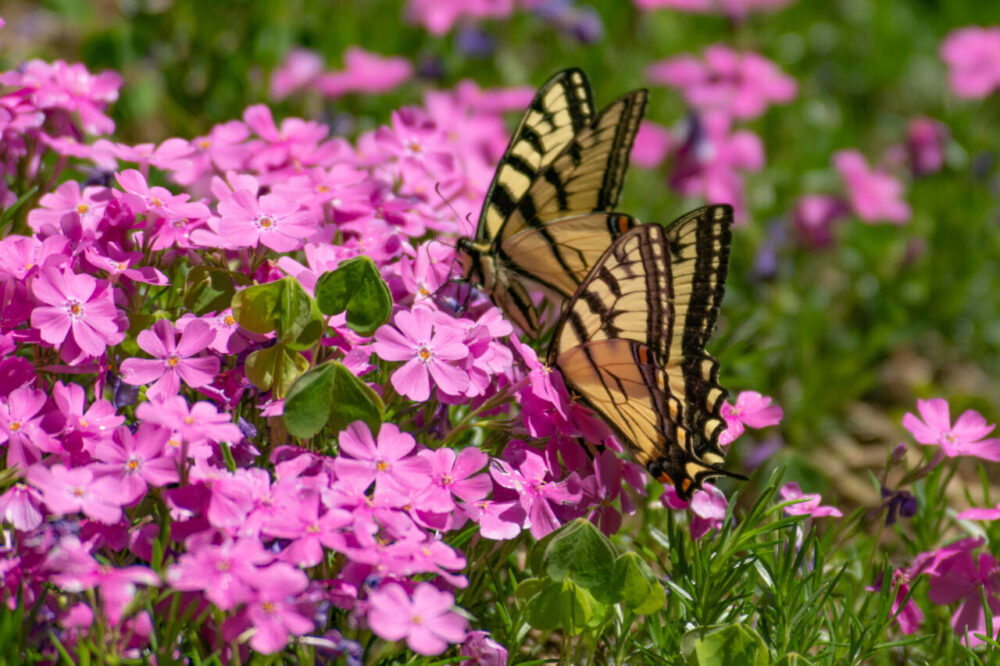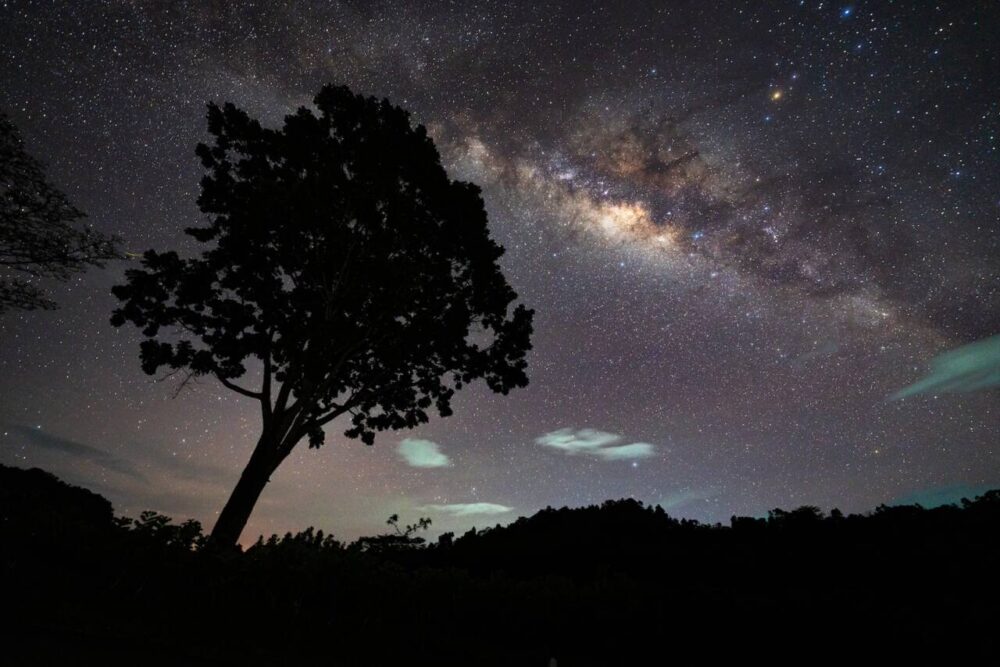We’re a week away from the Pink Moon making its annual appearance in the sky.
That nickname is the one given to the April full moon, which officially arrives over America in the evening on Tuesday, April 23, at 6:49 p.m. Eastern, according to the U.S. Naval Observatory, with peak illumination expected an hour later. But don’t fret about seeing the moon at that exact time, as it will appear full through that Wednesday night.
While the April full moon is most commonly known as the Pink Moon, that name has nothing to do with the color of the moon itself. This full moon has other nicknames, too, all of which originate from a variety of cultures.
This full moon also coincides with a lesser-known meteor shower, and patient, sharp-eyed observers may get to spot both lunar events in the same night.
Why Is The April Full Moon Called The Pink Moon?
The full moon names we use today originate from Native American, Colonial American and other sources, according to The Old Farmer’s Almanac. Most full moon names relate to what’s happening in nature when they occur, and the Pink Moon is no exception.
April’s full moon was given its name by the Algonquin people because of the wildflowers that pop up during the month. The bright pink flowers of creeping phlox, a wildflower native to eastern North America, bloom every spring around the time the Pink Moon appears.

But Pink isn’t the only name April’s full moon goes by. The Old Farmer’s Almanac states that some Algonquins — whose massive territory covered much of today’s eastern Canada and America’s Eastern Seaboard — also called this full moon the Breaking Ice Moon, referring to when the ice begins to melt.
Similarly, the Dakotas, based in the central U.S. and Canada, called April’s full moon the Sprouting Grass Moon. It’s also called the Egg Moon, referring to the time of year when birds begin to lay their eggs, by the Cheyenne tribe of the Great Plains.
The April full moon has significance for various religious groups as well. In the Hebrew calendar, April’s full moon is the Passover moon. For Hindus, the full moon corresponds with the celebration of Hanuman Jayanti, a festival marking the birth of the deity Hanuman. Meanwhile, Sri Lanka commemorates this moon with a national Buddhist holiday called Bak Poya, celebrating a visit the Buddha made to that country.
MORE: The best telescopes for home use, according to star-gazing experts
When Are The Lyrid and Eta Aquariids Meteor Showers?

Your chances of spotting meteors shooting across the night sky begin to drop as the days get longer and the nights become shorter during the spring months — but that doesn’t mean your chances are zero.
In the next few weeks, the Lyrid meteor shower and the Eta Aquariids will excite sky-watchers.
The Lyrid meteor shower will peak beginning in the late evening on April 21 and last until dawn on April 22. This meteor shower typically only produces 10 to 15 meteors per hour, and it will be a struggle to see any meteors this year, according to EarthSky. A bright, nearly full moon will make it more difficult to spot any meteors flying across the night sky, but perceptive viewers should be able to spot a few while the Pink Moon shines.
A couple weeks after the Lyrids, the Eta Aquariids will offer a better chance of spotting more meteors, especially for anyone who lives in the southern half of the U.S. The peak for this meteor show will be before dawn on May 5 and 6. On those days, only a sliver of the moon will obstruct your view, and vigilant viewers should be able to see anywhere between 10 and 20 meteors per hour.
When you’re watching for meteors, remember to get far away from any city lights and arrive early to give your eyes time to adjust to the night sky.
Follow meteorologist Jason Meyers on X and subscribe to his YouTube channel for educational content.
When to see April’s full moon, the Pink Moon originally appeared on Simplemost.com


